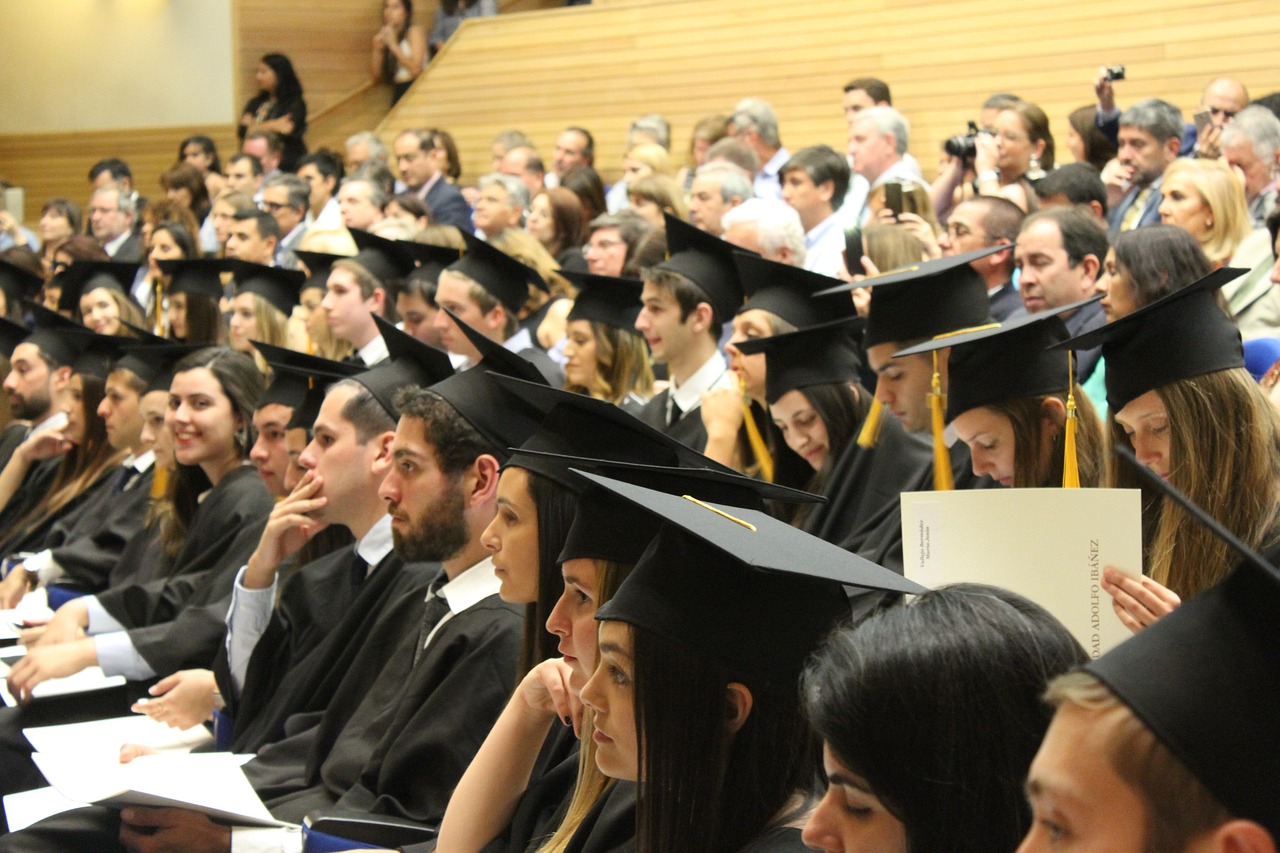Unleashing Continuous Learning Possibilities Through Educational Grants

Unleashing Continuous Learning Possibilities Through Educational Grants
Education stands as a potent catalyst for personal and societal advancement, laying the groundwork for a brighter future. Nevertheless, the challenge of ensuring access to quality education persists for countless individuals globally. In response to this, educational grants have emerged as a powerful tool, unlocking continuous learning possibilities, dismantling barriers, and empowering learners to pursue their academic and professional aspirations.
Broadening Educational Access
Educational grants function as a crucial enabler for those facing financial constraints in pursuing their educational goals. These grants bridge the economic gap, rendering education accessible to a wider spectrum of society. By offering financial assistance, educational grants empower learners to enroll in courses, attend workshops, and access resources that may have been otherwise financially prohibitive.
Cultivating Lifelong Learning
In our rapidly evolving world, the concept of continuous learning has gained prominence. Technological advancements and shifts in the job market emphasize the necessity of acquiring new skills throughout one’s life. Educational grants play a pivotal role in fostering a culture of lifelong learning by supporting individuals in obtaining additional qualifications, upgrading their skill sets, and remaining relevant in their respective fields.
Driving Innovation and Research
Educational grants contribute significantly to the progression of knowledge and innovation. They furnish researchers, scholars, and students with the financial support required to engage in groundbreaking research projects. By fostering innovation, grants not only enrich the educational experience but also contribute to the overall advancement of society. This creates an environment where creativity and curiosity are nurtured, propelling progress in diverse fields.
Tackling Educational Disparities
Socioeconomic disparities often manifest as educational inequalities. Educational grants play a crucial role in addressing these imbalances by generating opportunities for marginalized communities and underrepresented groups. By directing resources to those in need, grants become a powerful instrument for promoting inclusivity and diversity in educational settings.
Encouraging Specialized Training
Certain fields demand specialized training that may come with a hefty price tag. Educational grants make it viable for individuals to pursue these specialized courses and certifications, ensuring they are equipped with the knowledge and skills required for success in their chosen professions. This, in turn, contributes to the overall enhancement of the workforce and its ability to meet the demands of an ever-changing job market.
Cultivating a Skilled Workforce
In a globalized and competitive job market, a skilled and knowledgeable workforce is indispensable. Educational grants contribute to building such a workforce by enabling individuals to acquire the education and training necessary for their chosen careers. This not only benefits the individuals themselves but also enhances the overall economic development of communities and nations.

